Olaf Scholz
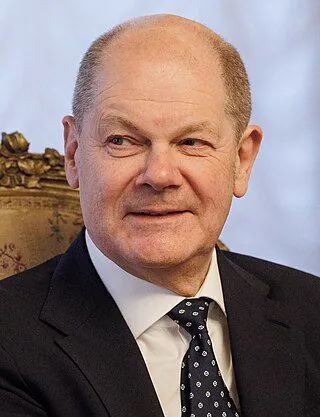
Some of the key events about Olaf Scholz
- 1975Joined the Social Democratic Party of Germany (SPD) as a young activist
- 1985Criticized for supporting the Marxist-Leninist wing of the Young Socialists
- 1998Elected to the German Bundestag for the first time
- 2001Became Interior Minister of Hamburg, focusing on security and civil liberties
- 2001Faced controversy for his handling of the "Operation Dessauer Strasse" police raid
- 2007Appointed as Federal Minister of Labour and Social Affairs in Angela Merkel's cabinet
- 2011Elected First Mayor of Hamburg, serving as head of government of the city-state
- 2011Criticized for his response to riots during the G20 summit in Hamburg
- 2015Successfully led Hamburg's bid to host the 2024 Olympic Games, though later withdrawn
- 2017Accused of failing to prevent money laundering at Wirecard while serving as Finance Minister
- 2018Became Federal Minister of Finance and Vice Chancellor in Merkel's fourth cabinet
- 2019Ran for SPD leadership, advocating for social democratic values and party unity
- 2019Faced scrutiny over his role in the Cum-Ex tax fraud scandal
- 2020Played a key role in negotiating the European Union's €750 billion COVID-19 recovery fund
- 2020Criticized for his handling of the Wirecard accounting scandal
- 2021Elected as Chancellor of Germany, succeeding Angela Merkel
- 2021Faced criticism for Germany's slow COVID-19 vaccine rollout
- 2022Criticized for initially hesitating to send heavy weapons to Ukraine during the Russian invasion
- 2022Faced backlash for his China policy and controversial visit to Beijing
- 2023Criticized for Germany's perceived lack of leadership in supporting Ukraine
Disclaimer: This material is written based on information taken from open sources, including Wikipedia, news media, podcasts, and other public sources.
Olaf Scholz Latest news
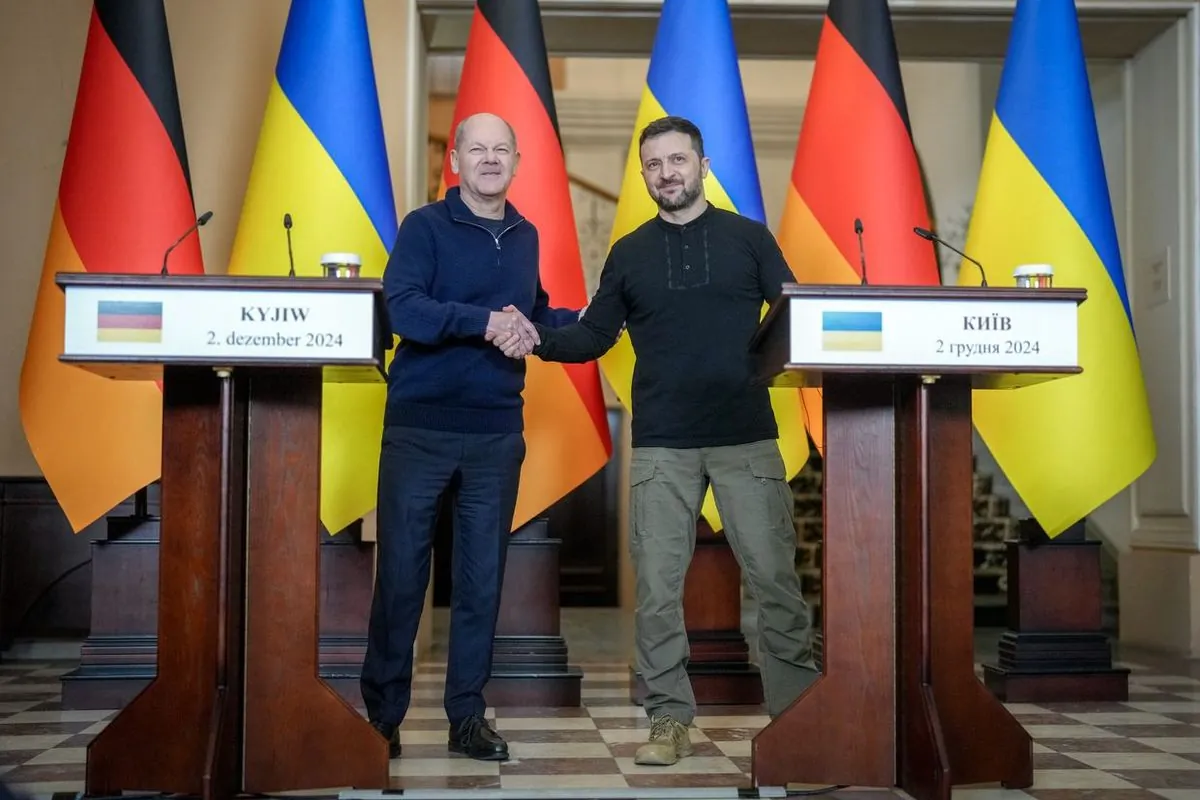
German politician heads to Kyiv while leading pre-election polls
December 9 2024 , 12:15 PM • 3595 views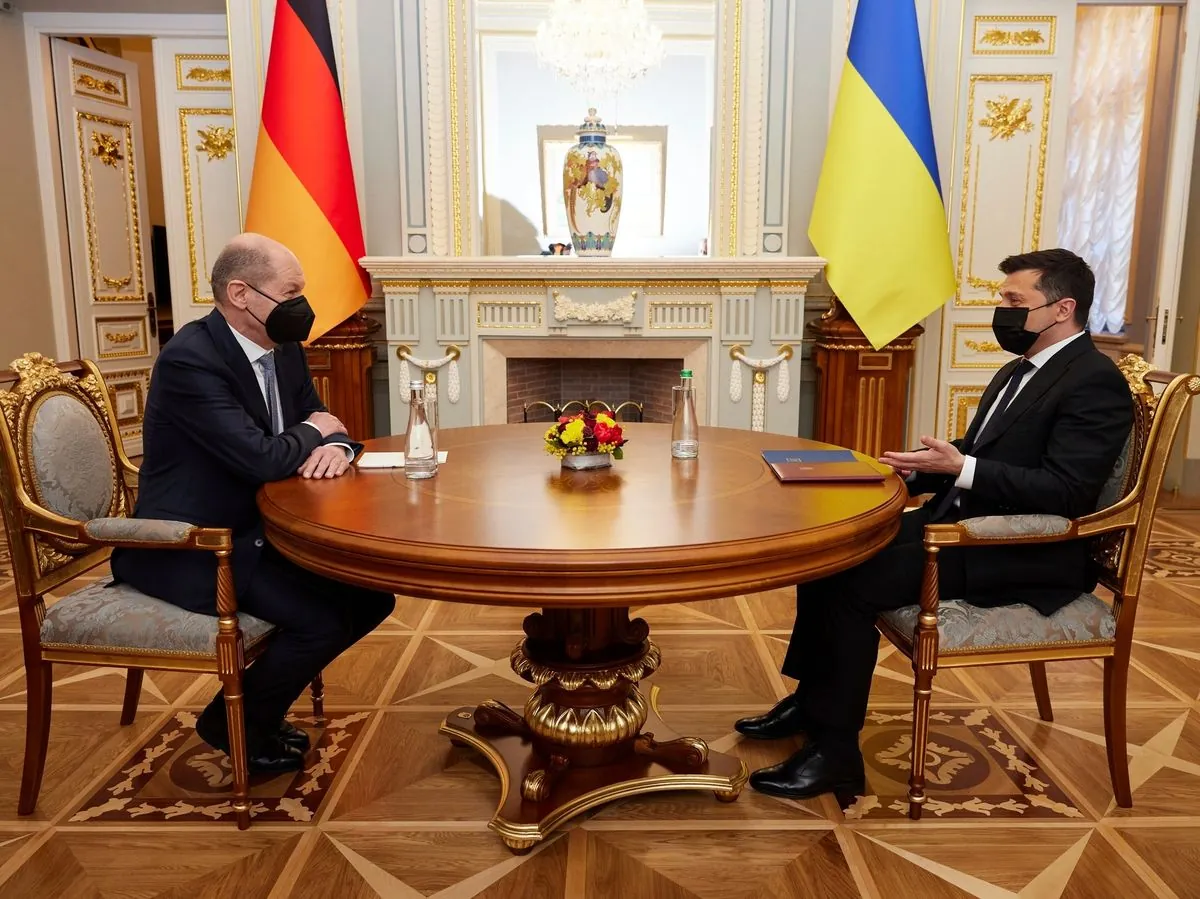
German leader's Kiev trip brings massive military support package
December 2 2024 , 01:37 PM • 435 views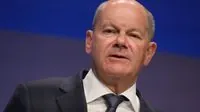
German leader's calls with Putin and Zelenskiy show complex diplomatic game
November 29 2024 , 09:15 PM • 2026 views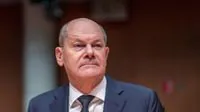
German ruling party picks chancellor candidate amid low polling numbers
November 25 2024 , 05:43 PM • 1161 views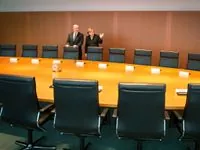
Germany ponders next steps after ICC's surprise move against Netanyahu
November 22 2024 , 07:10 PM • 1979 views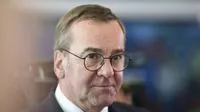
German defense chief steps aside as Scholz eyes another term
November 22 2024 , 08:20 AM • 1071 views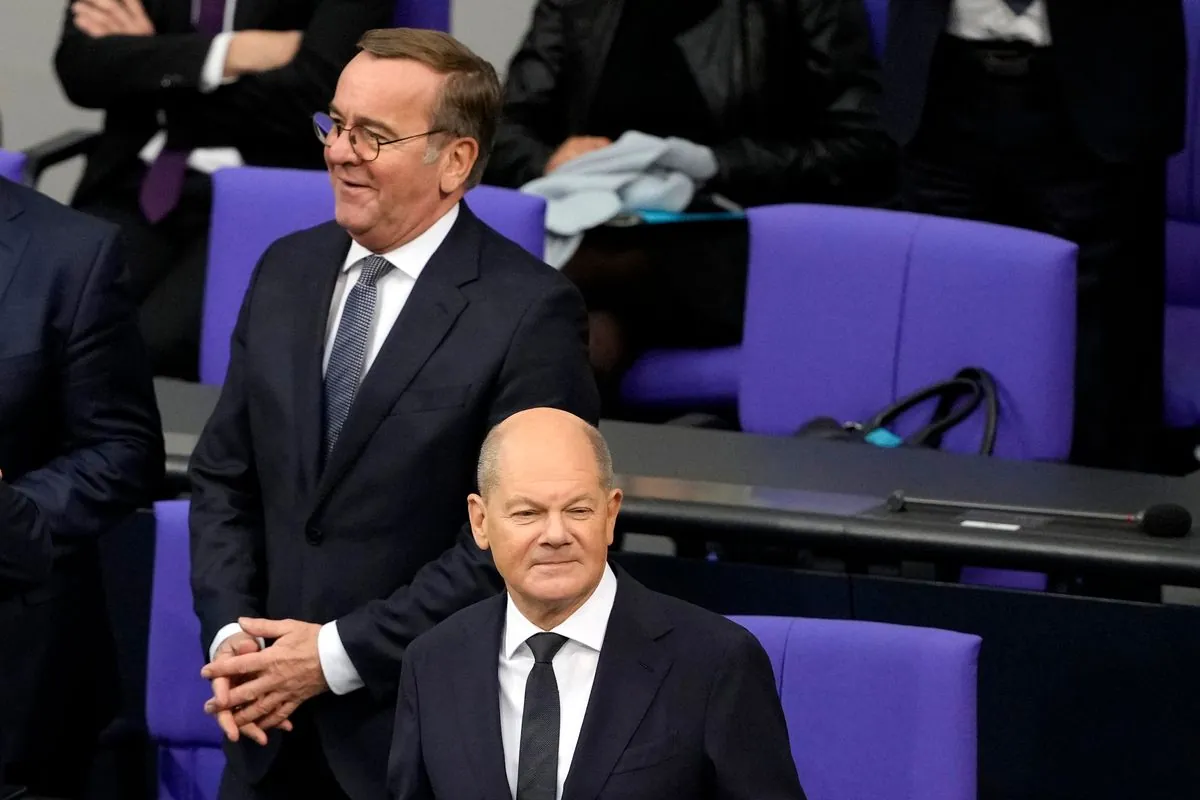
German leadership shake-up: Defense minister might replace Scholz before next election
November 20 2024 , 07:03 AM • 2832 views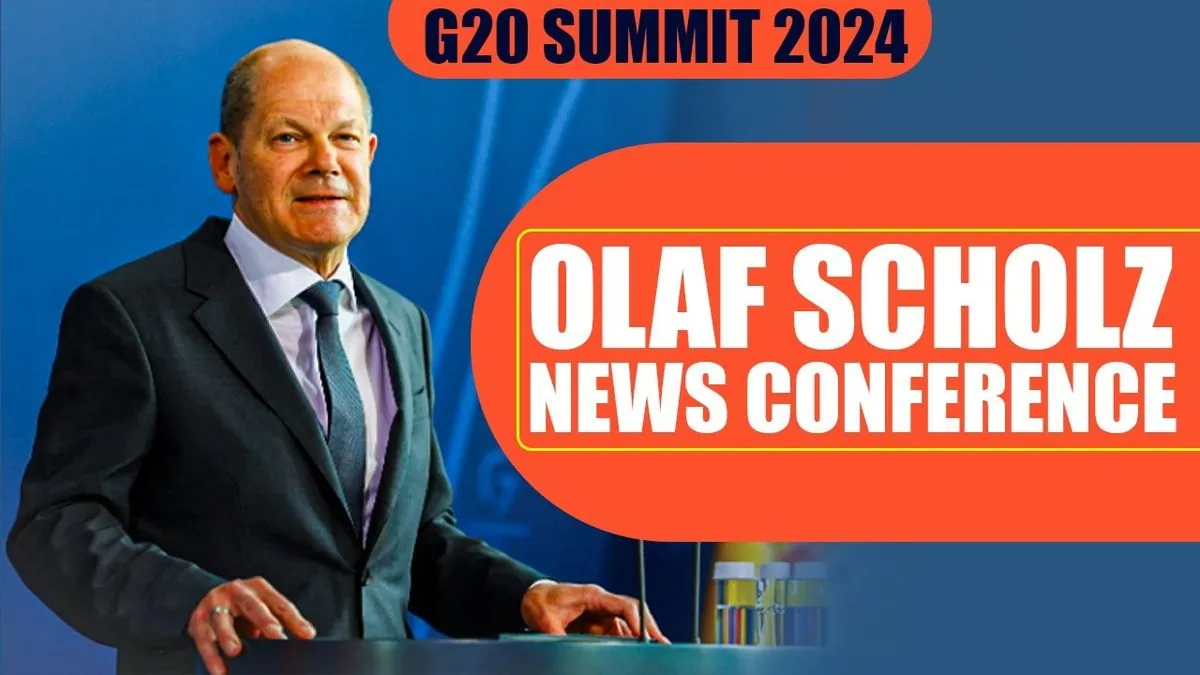
German political circles buzz as Social Democrats delay naming their leader pick
November 19 2024 , 12:23 PM • 3277 views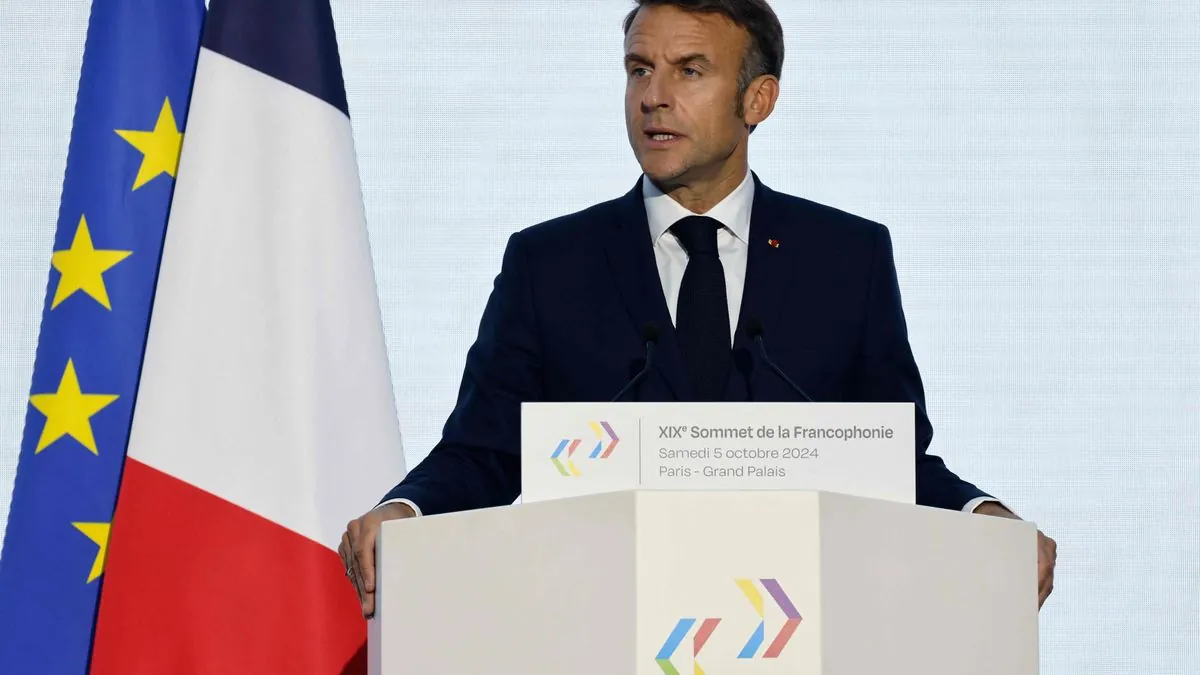
Macron hits back at Putin while French farmers prepare for major action
November 18 2024 , 01:12 PM • 237 views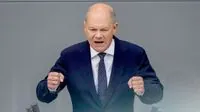
German leader's unexpected Putin call raises questions about European diplomacy
November 17 2024 , 03:13 PM • 7288 views
Massive Russian strike hits Ukraine: Biggest aerial assault since summer shakes nation
November 17 2024 , 11:51 AM • 8081 views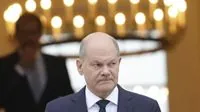
German leader breaks 2-year silence with Putin: Ukraine leader warns of consequences
November 16 2024 , 04:38 AM • 1780 views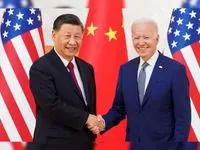
Biden's last dance with Xi: What to expect from crucial Peru meeting
November 16 2024 , 03:35 AM • 1614 views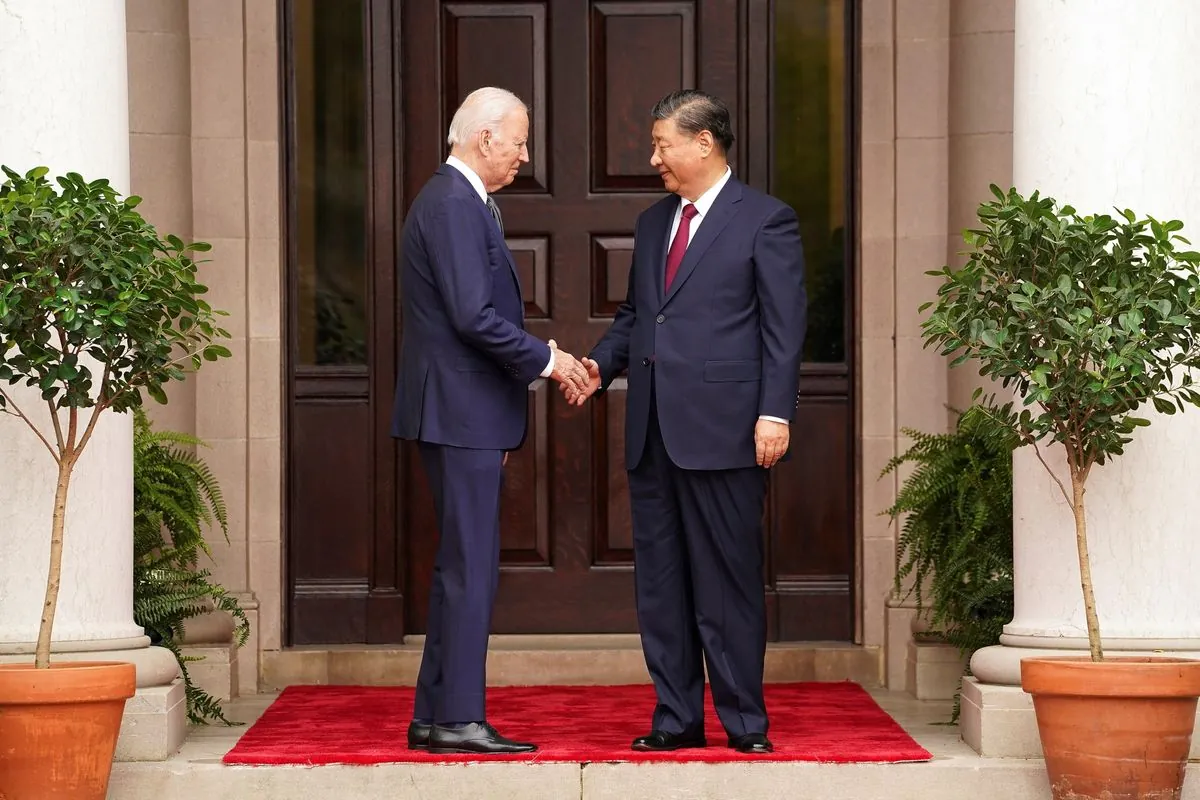
First time in years: Major world leaders prepare for crucial meeting in Peru
November 16 2024 , 12:06 AM • 3787 views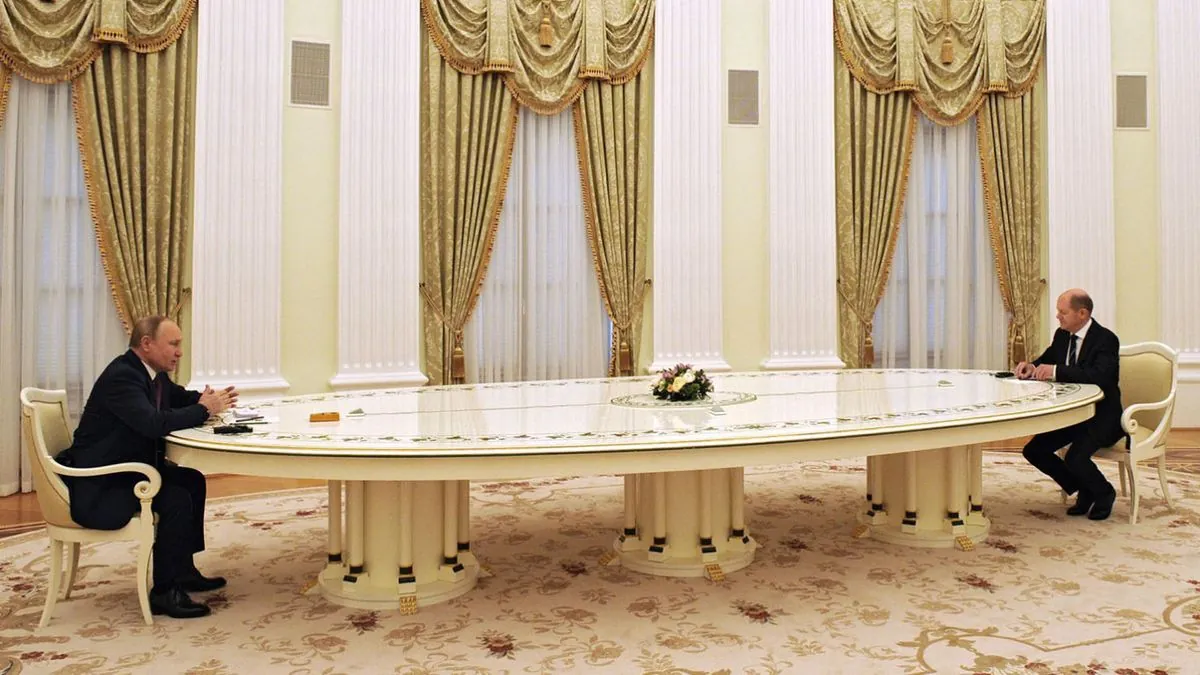
German and Russian leaders might talk tomorrow - first time in 2 years
November 15 2024 , 02:46 PM • 1928 views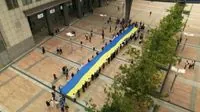
Trump's Ukraine stance forces Europe to rethink its defense strategy
November 13 2024 , 10:46 AM • 3021 views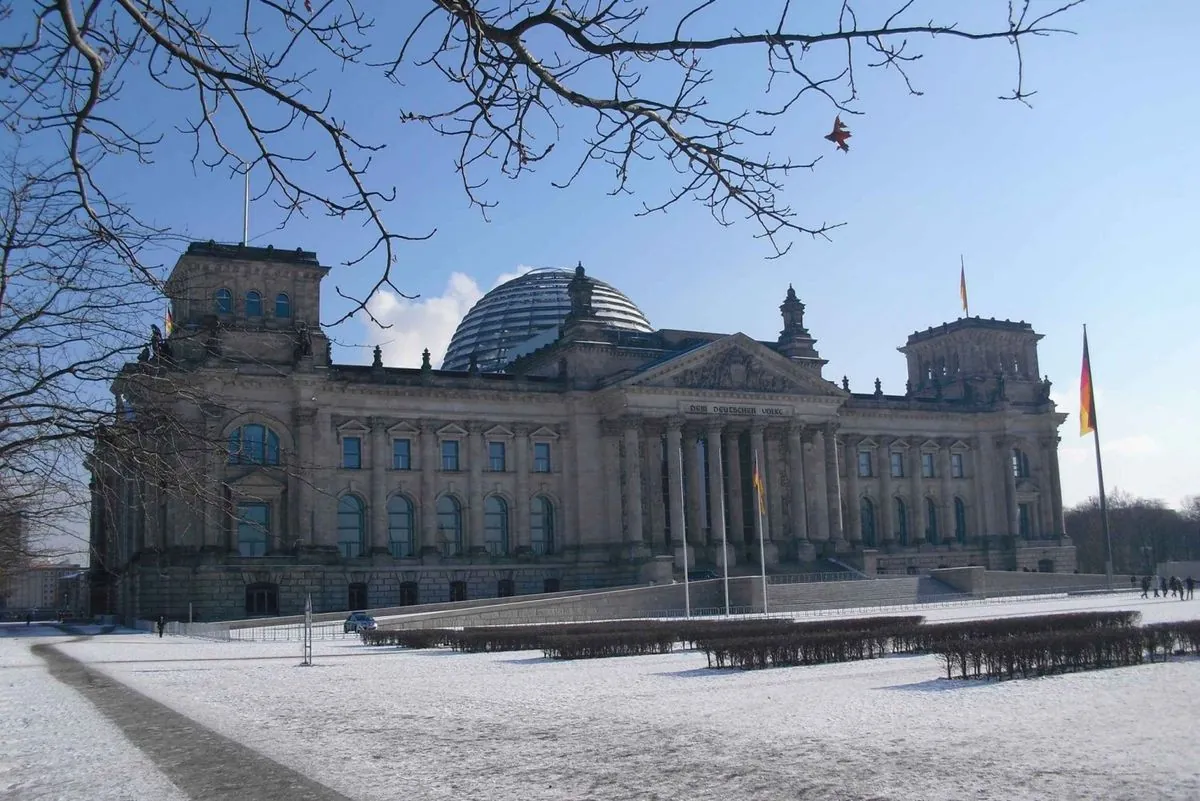
German political shake-up leads to winter election announcement
November 12 2024 , 11:28 AM • 732 views
How Trump's upcoming presidency shapes global politics and climate talks
November 11 2024 , 09:00 PM • 1603 views
Test your knowledge: This weeks most interesting global events quiz
November 8 2024 , 09:34 PM • 3710 views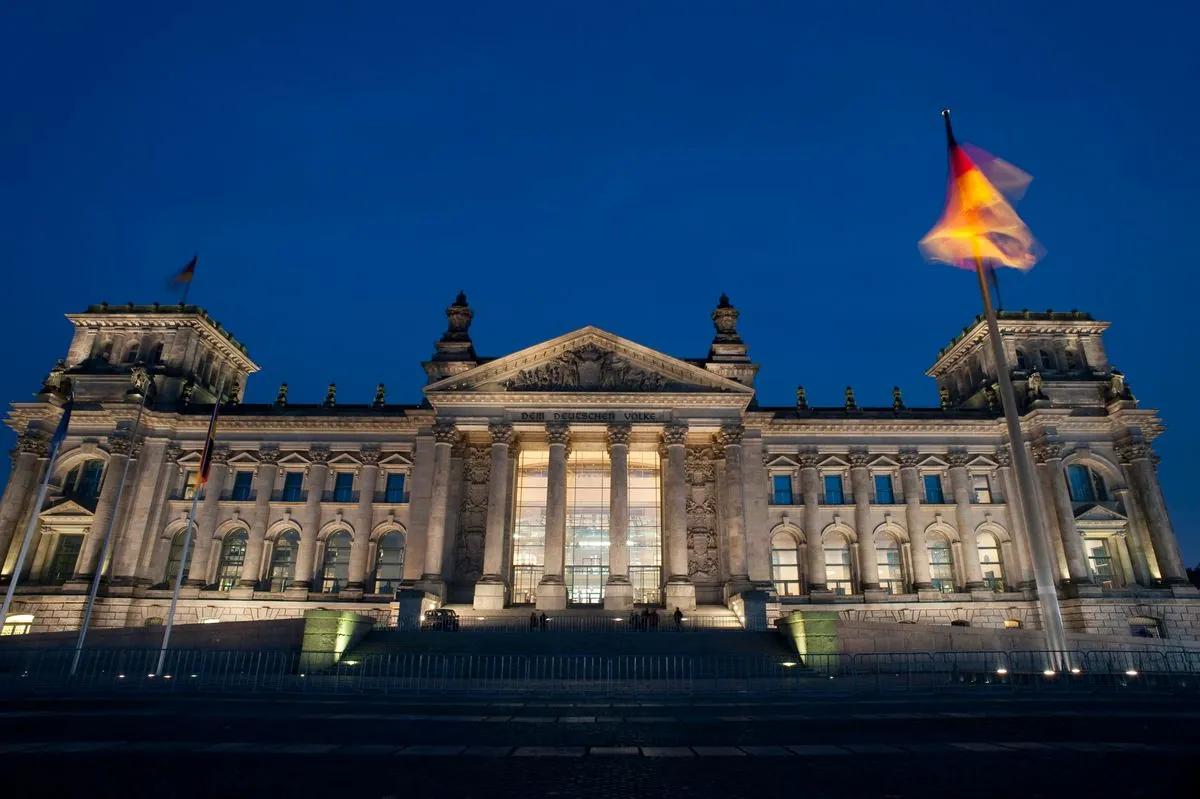
German government falls apart while Israel makes controversial new laws
November 8 2024 , 03:50 AM • 4811 views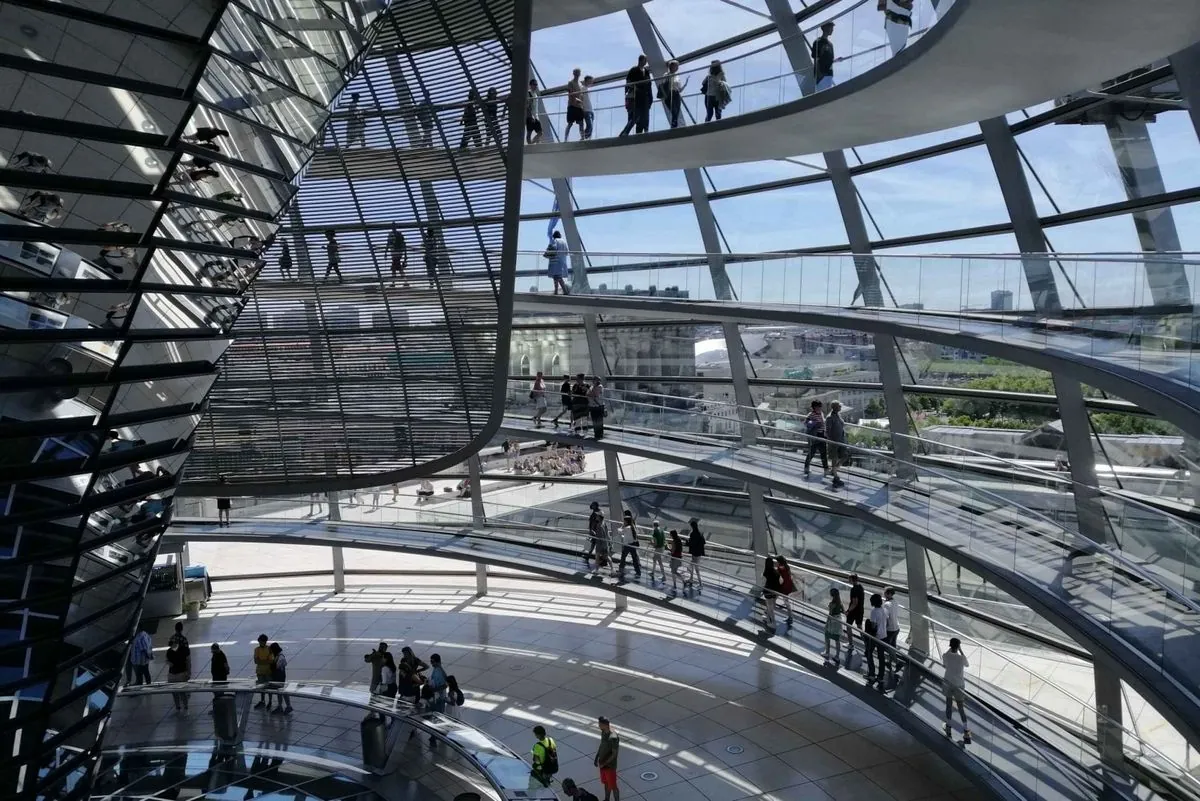
German government falls apart: What's next for Europe's biggest economy?
November 7 2024 , 10:51 PM • 2228 views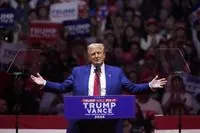
Will Trump's comeback shake up world politics? Europe and China watch closely
November 7 2024 , 09:21 PM • 2214 views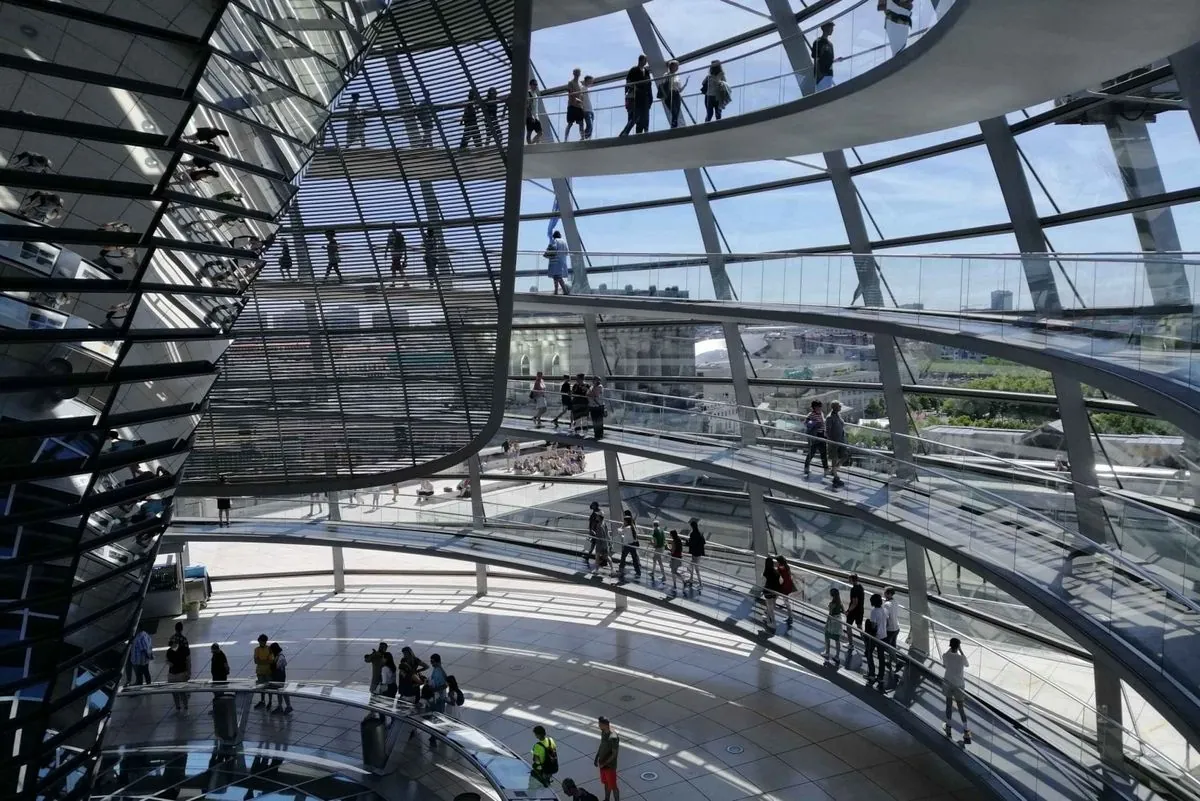
German government falls apart: What's next for Europe's biggest economy?Exclusive
November 7 2024 , 07:42 PM • 266216 views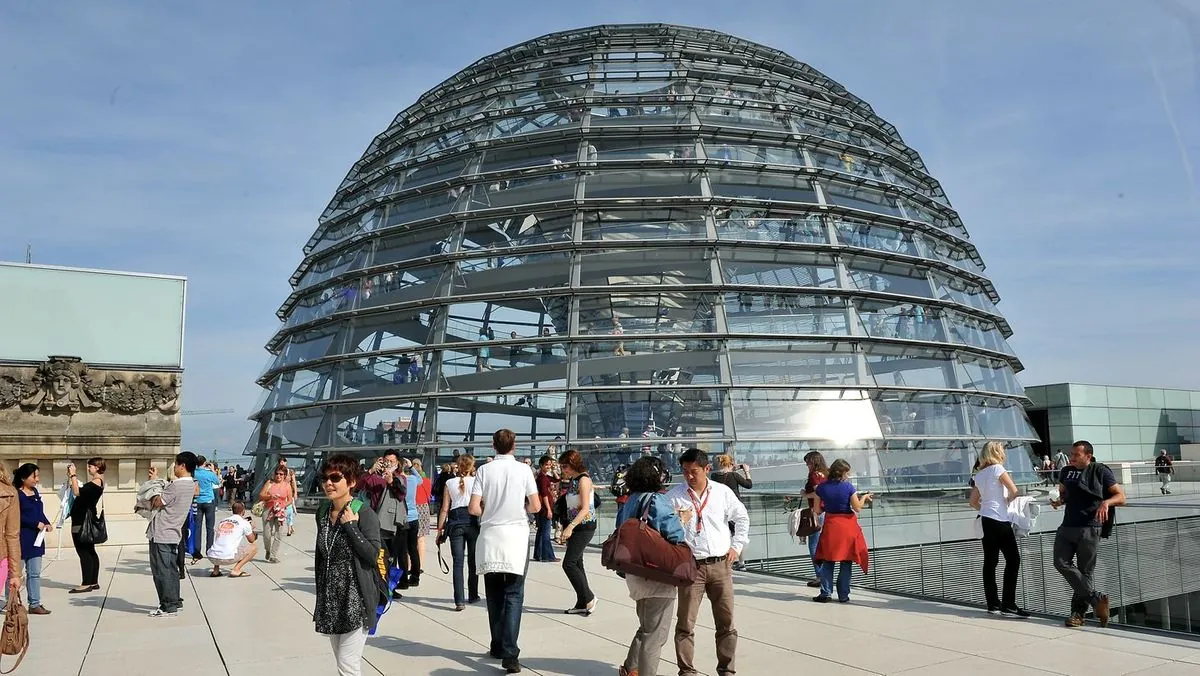
German president warns of new elections as government coalition falls apart
November 7 2024 , 06:55 PM • 3550 views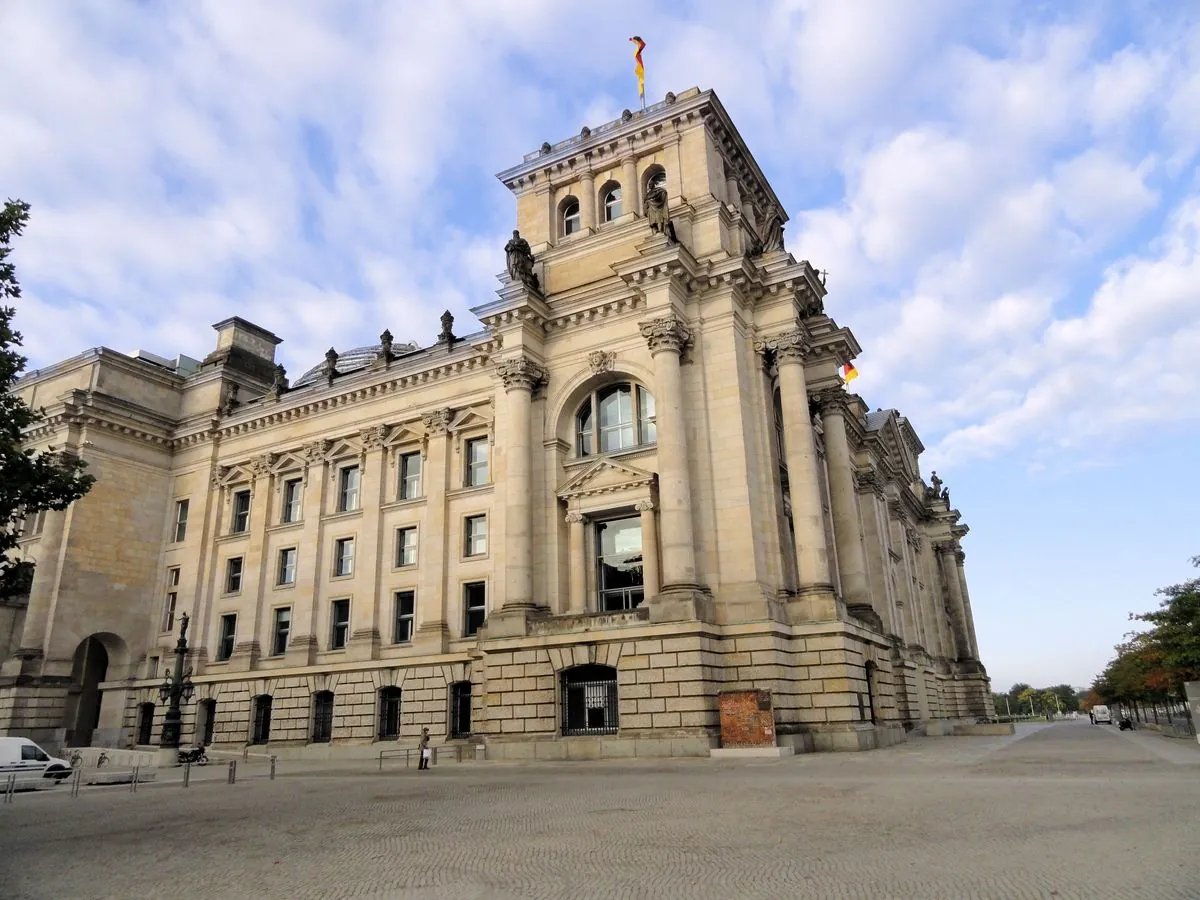
German government falls apart: Finance minister exit leads to early elections
November 7 2024 , 08:34 AM • 3325 views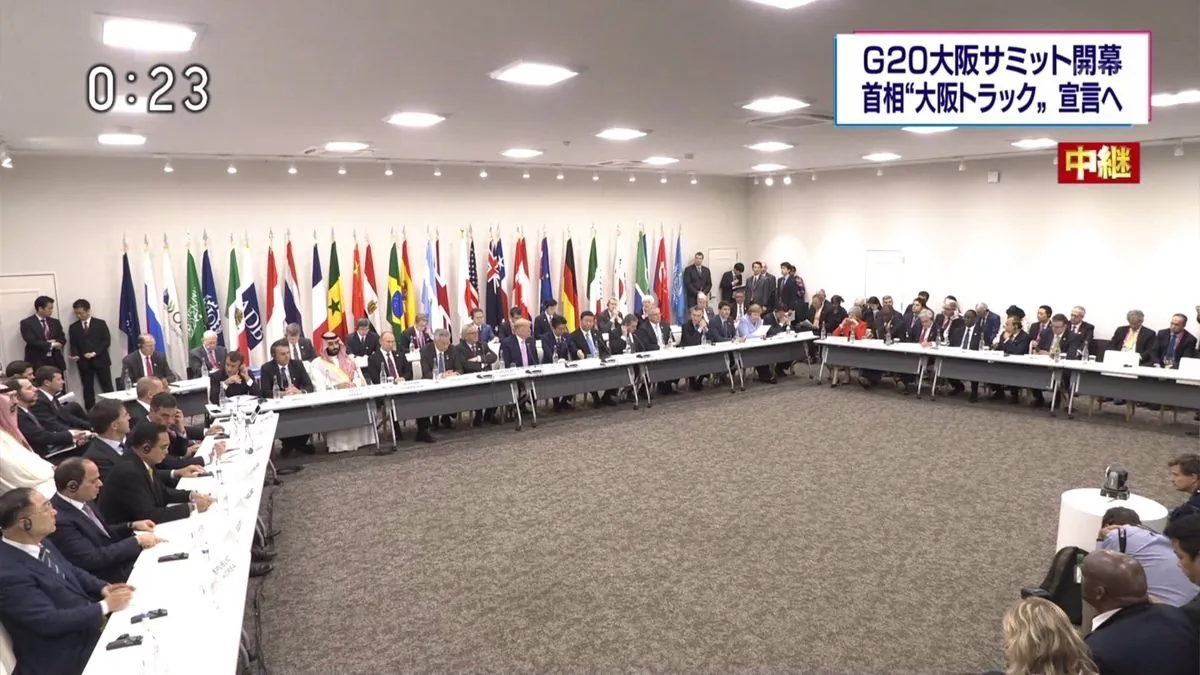
Breaking news: Major political shifts shake up three continents at once
November 7 2024 , 12:20 AM • 1642 views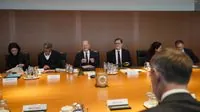
German government breaks down as US election shakes European politics
November 6 2024 , 11:30 PM • 1802 views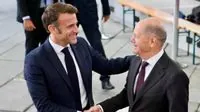
European leaders scramble to prepare for Trump's comeback to White House
November 6 2024 , 04:55 PM • 827 views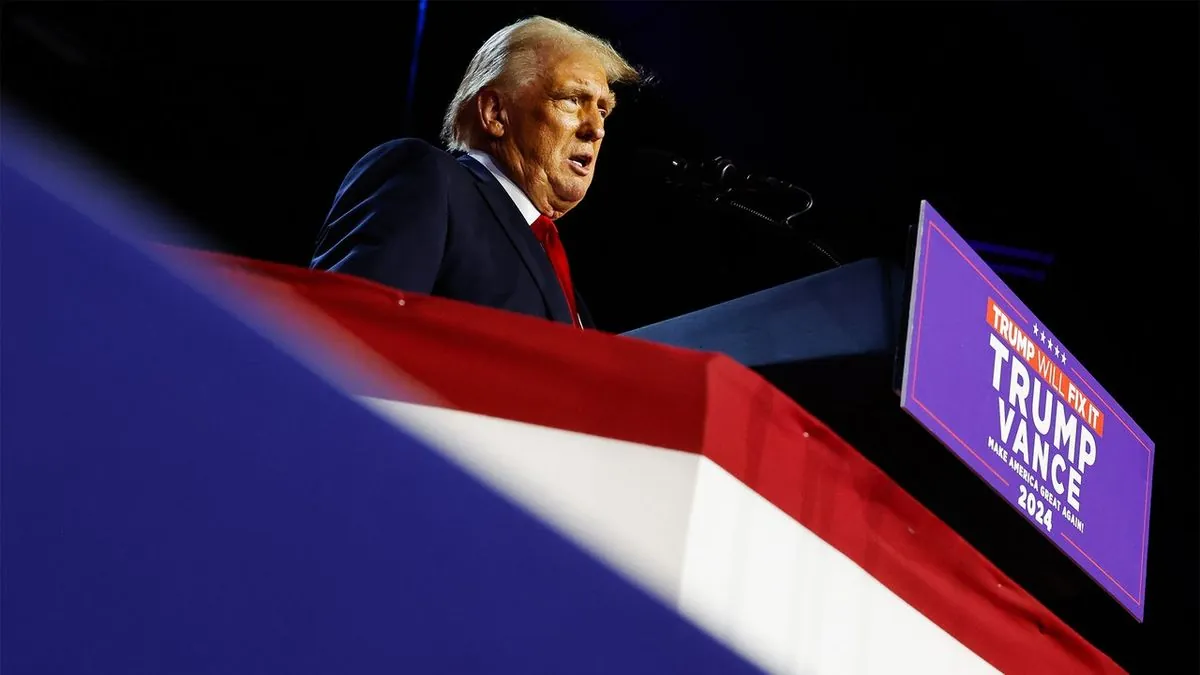
Trump's unexpected return: Global leaders line up to welcome 47th US president
November 6 2024 , 12:24 PM • 1130 views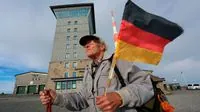
German government's fate unexpectedly tied to upcoming US election results
November 6 2024 , 01:08 AM • 1013 views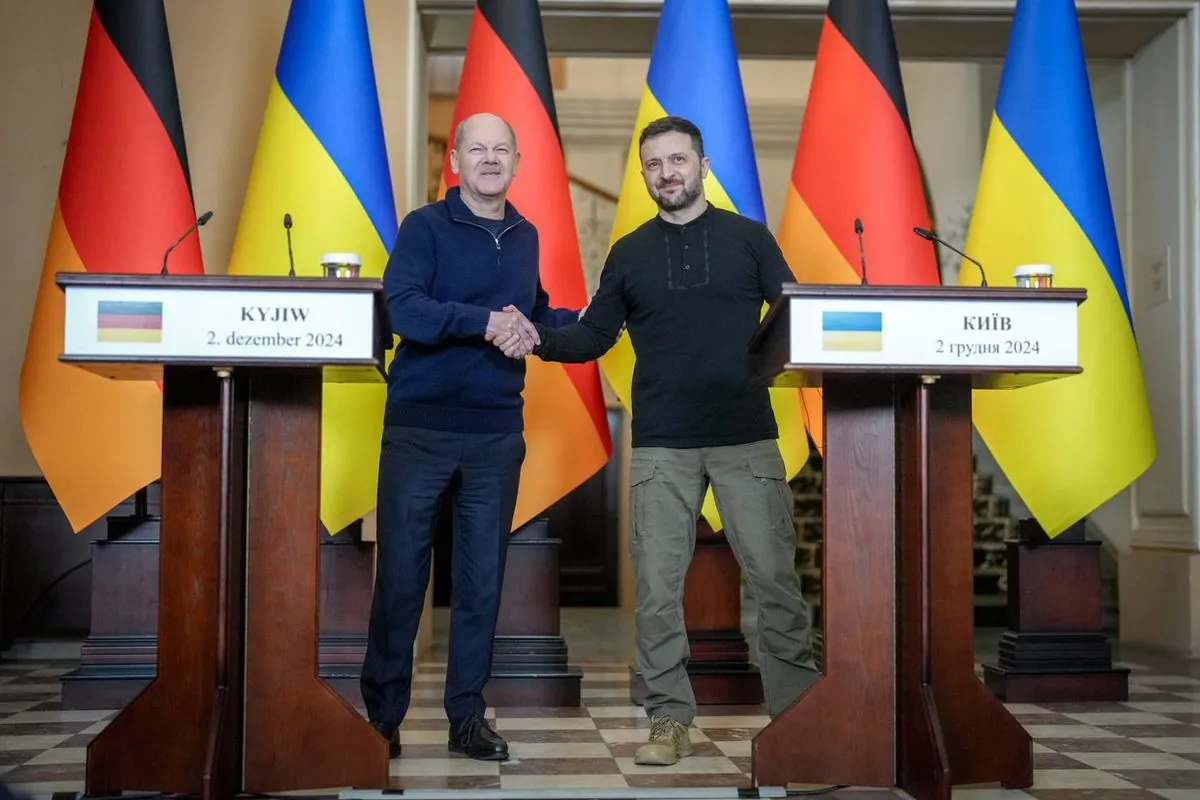
German politician heads to Kyiv while leading pre-election polls
German opposition chief **Friedrich Merz** visits Ukraine to show backing during ongoing conflict. His trip happens as polls show him ahead for upcoming election‚ while debates about military aid continue
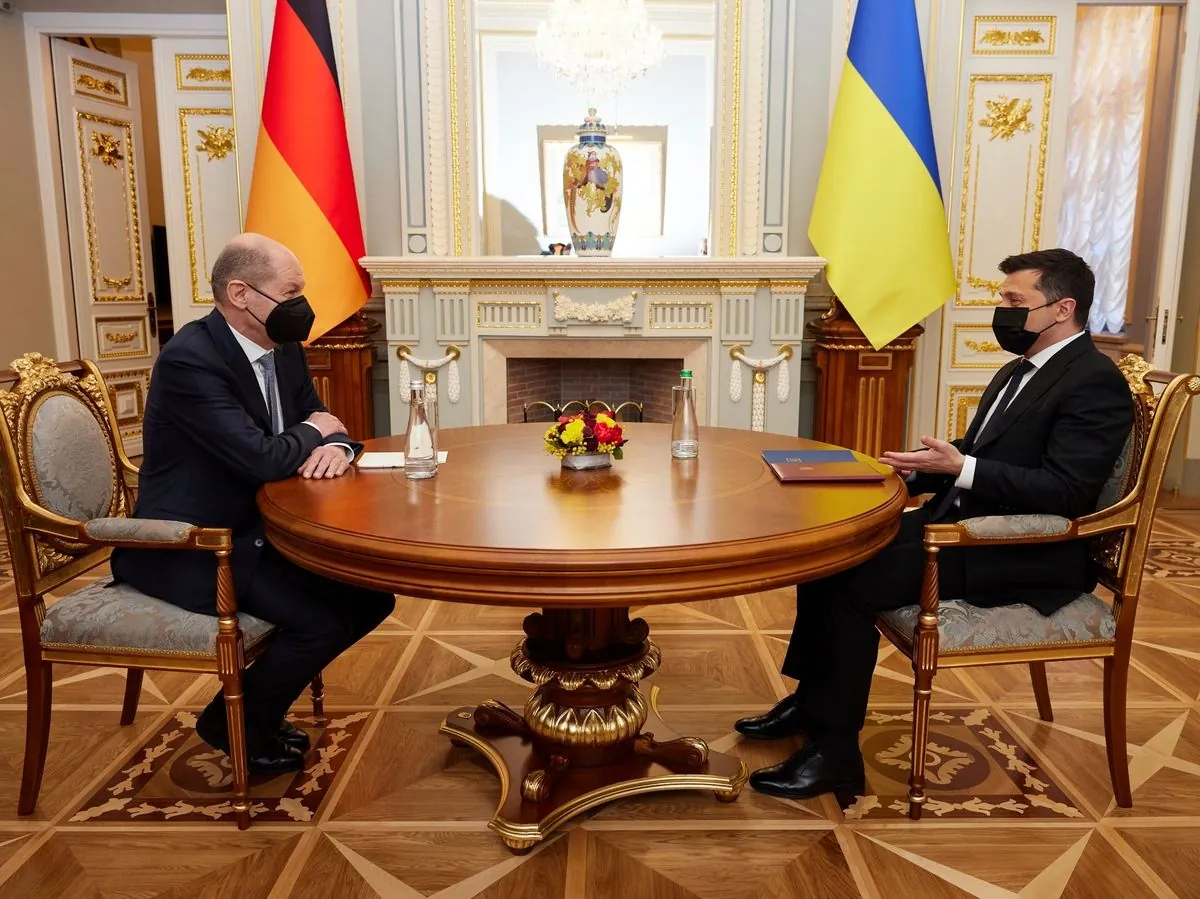
German leader's Kiev trip brings massive military support package
Germanys chancellor made an unexpected trip to Ukraine promising new military aid worth 650 million euros. The visit happens during his re-election campaign and amid Ukraines push for NATO membership
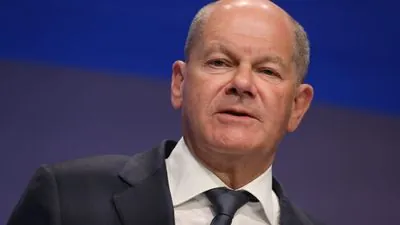
German leader's calls with Putin and Zelenskiy show complex diplomatic game
Recent chat between German and Ukrainian leaders follows controversial Putin discussion. Chancellorʼs diplomatic moves aim to keep support strong while exploring peace options
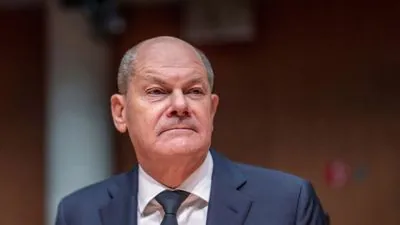
German ruling party picks chancellor candidate amid low polling numbers
German Social Democrats chose **Olaf Scholz** to run in next years election despite recent political setbacks. The party faces tough competition as polls show them trailing behind conservatives and far-right opponents
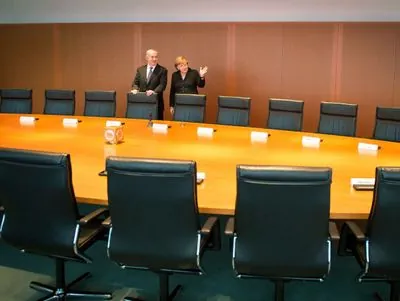
Germany ponders next steps after ICC's surprise move against Netanyahu
German officials take careful stance on ICC warrants against Netanyahu‚ highlighting complex legal questions. Berlin maintains its case-by-case approach to weapons delivery while balancing historical ties
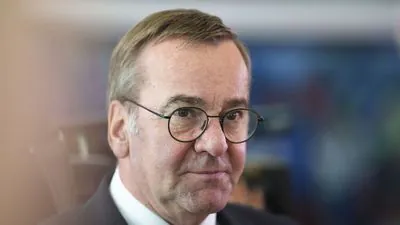
German defense chief steps aside as Scholz eyes another term
Popular defense minister Boris Pistorius wont challenge Scholz for German chancellorship. His decision comes after recent party discussions that showed cracks in Social Democrats unity
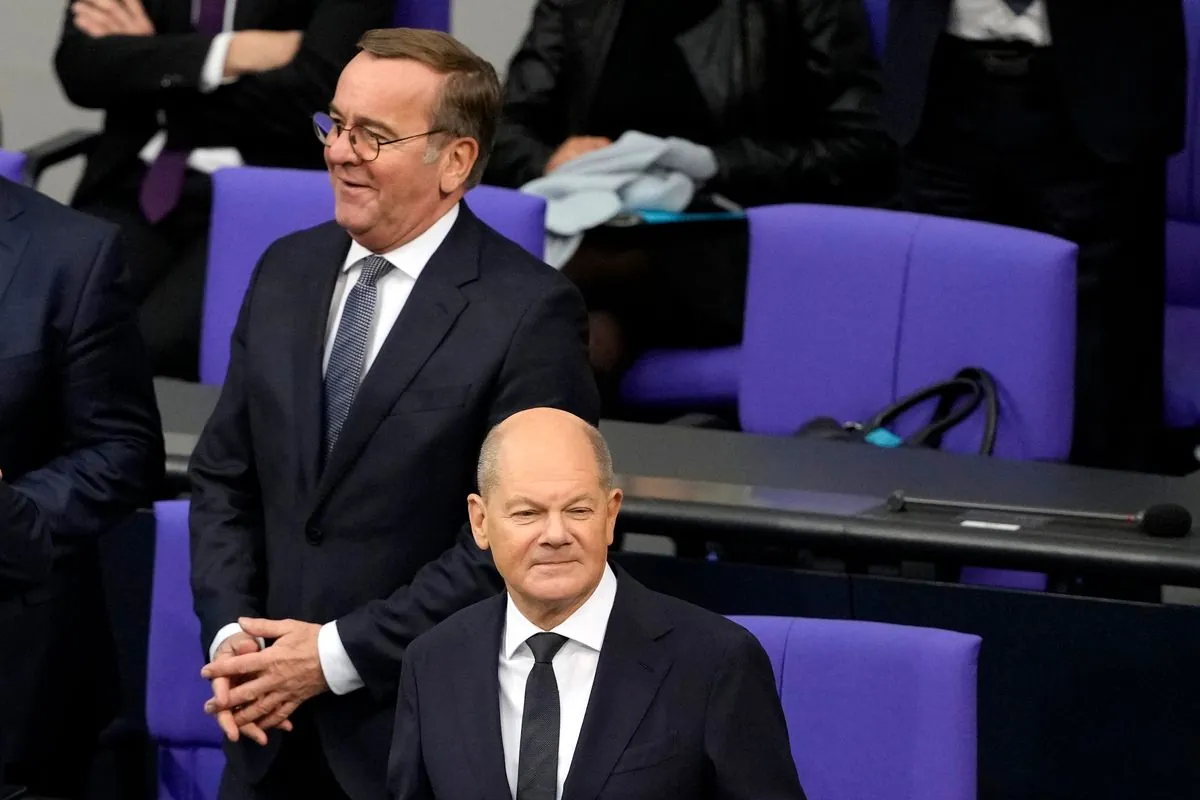
German leadership shake-up: Defense minister might replace Scholz before next election
German Social Democrats face tough choices as polls show declining support for Chancellor Scholz. Party members suggest defense minister as potential replacement before early-2025 elections
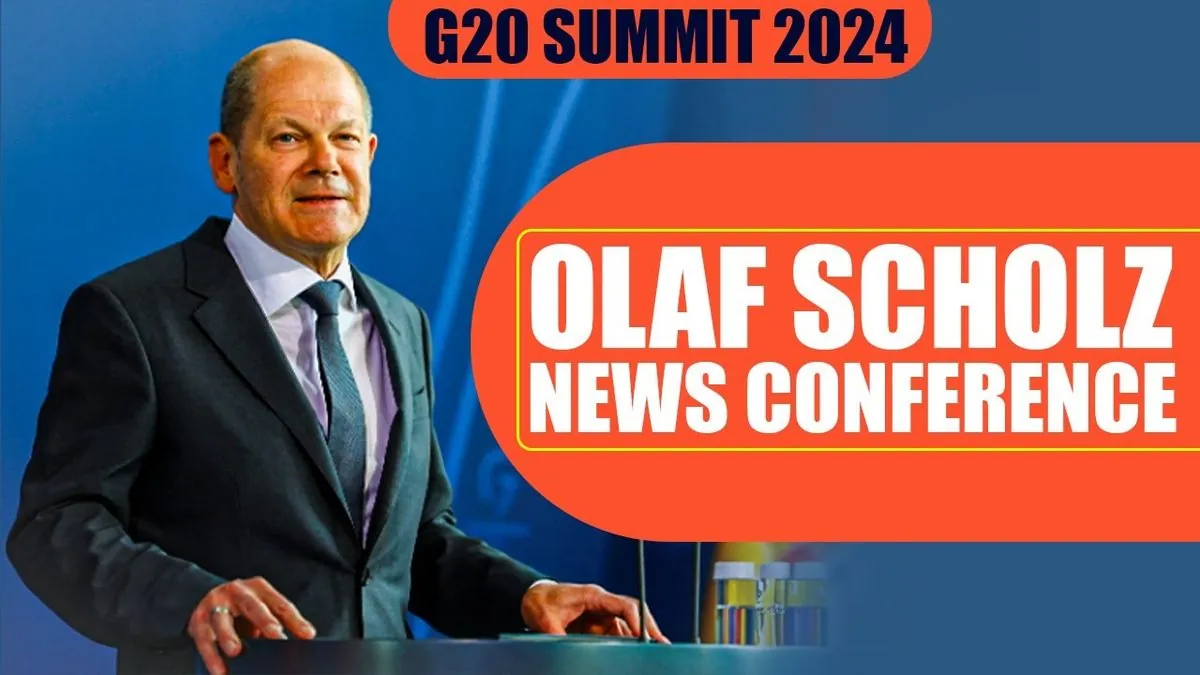
German political circles buzz as Social Democrats delay naming their leader pick
Social Democrats took their time picking candidate for German chancellorship early this year. Defense Minister **Boris Pistorius** emerged as possible alternative to **Olaf Scholz** despite party leaders support
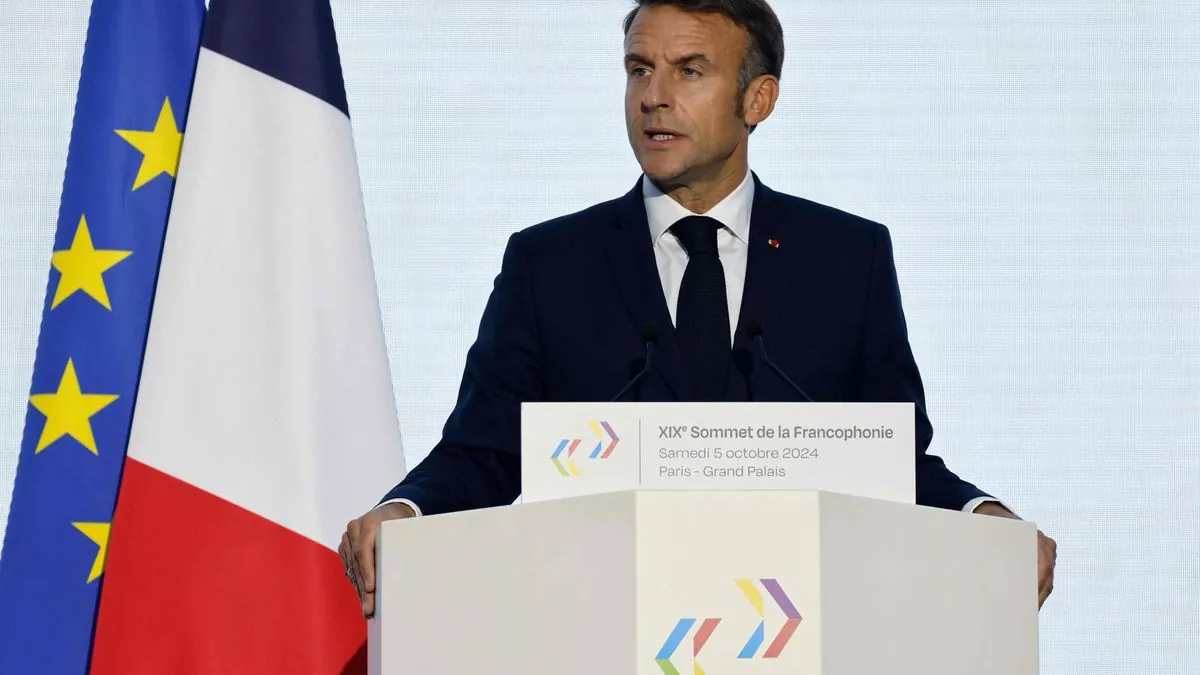
Macron hits back at Putin while French farmers prepare for major action
French leader criticizes recent Russian attacks on Ukraine while discussing support strategy. Meanwhile a trade-deal dispute with South America leads to nation-wide farmer protests in France
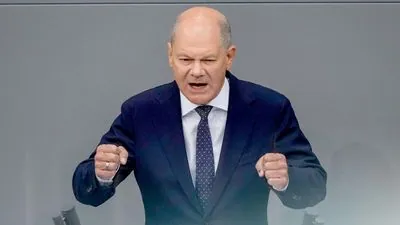
German leader's unexpected Putin call raises questions about European diplomacy
Scholz had his first talk with Putin in about 2 years‚ defending his choice despite criticism. The hour-long chat showed no changes in Putins thinking while Western-Moscow contacts seem to increase

Massive Russian strike hits Ukraine: Biggest aerial assault since summer shakes nation
Russia launched over 200 missiles and drones across Ukraine hitting power stations and killing seven people. Ukrainian air-defense managed to stop most incoming threats but critical infrastructure got damaged
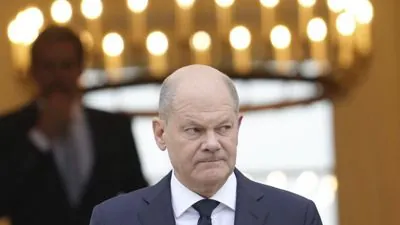
German leader breaks 2-year silence with Putin: Ukraine leader warns of consequences
A phone-call between German Chancellor and Russian President ended almost 2-year communication pause. Ukraineʼs leader expressed strong concerns about possible impacts on peace efforts
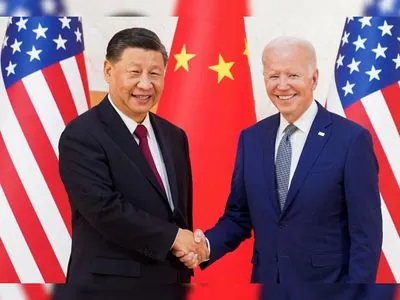
Biden's last dance with Xi: What to expect from crucial Peru meeting
A final presidential meet-up between **Biden** and **Xi** is set for this weekend in Peru‚ while global events unfold in New Zealand and Eastern Europe. Key discussions aim to maintain stable relations between worlds top economies
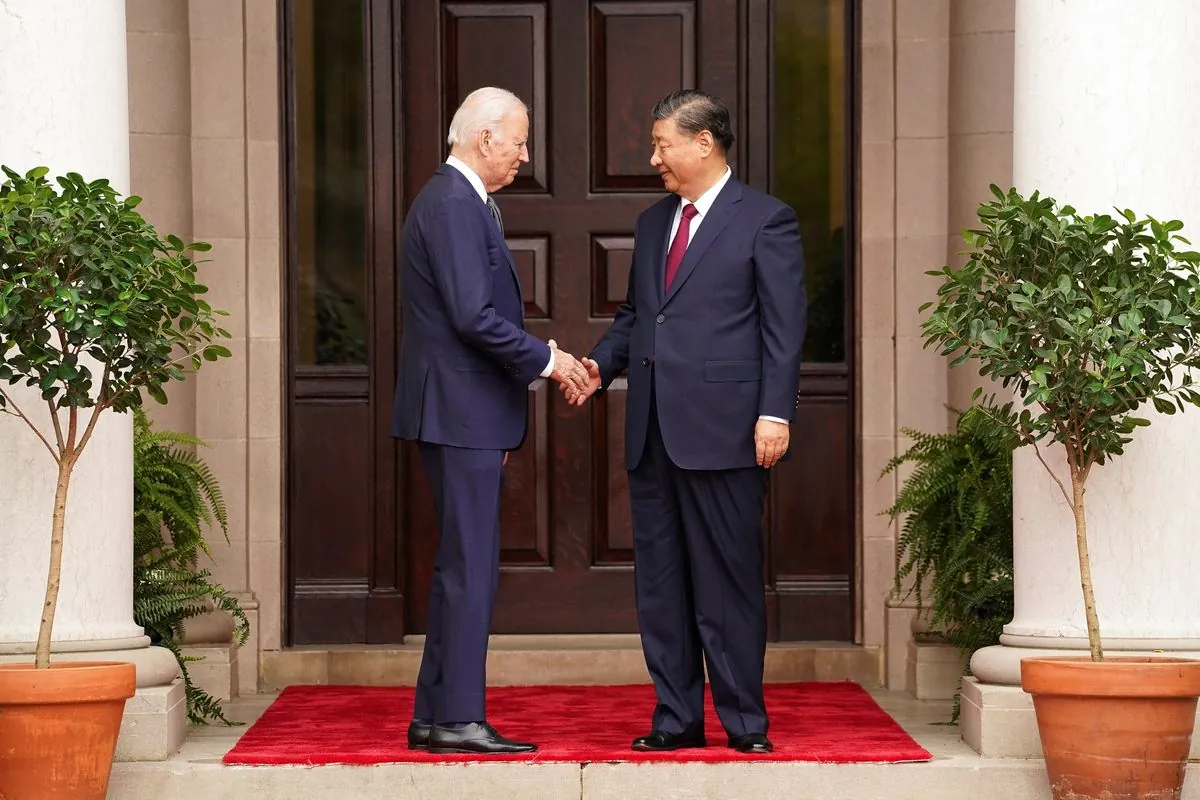
First time in years: Major world leaders prepare for crucial meeting in Peru
Next weekʼs high-stakes meeting between **Biden** and **Xi** in Peru might be their last face-to-face talk. Meanwhile‚ New Zealand sees huge protests‚ and Germany tries to re-open dialog with Russia
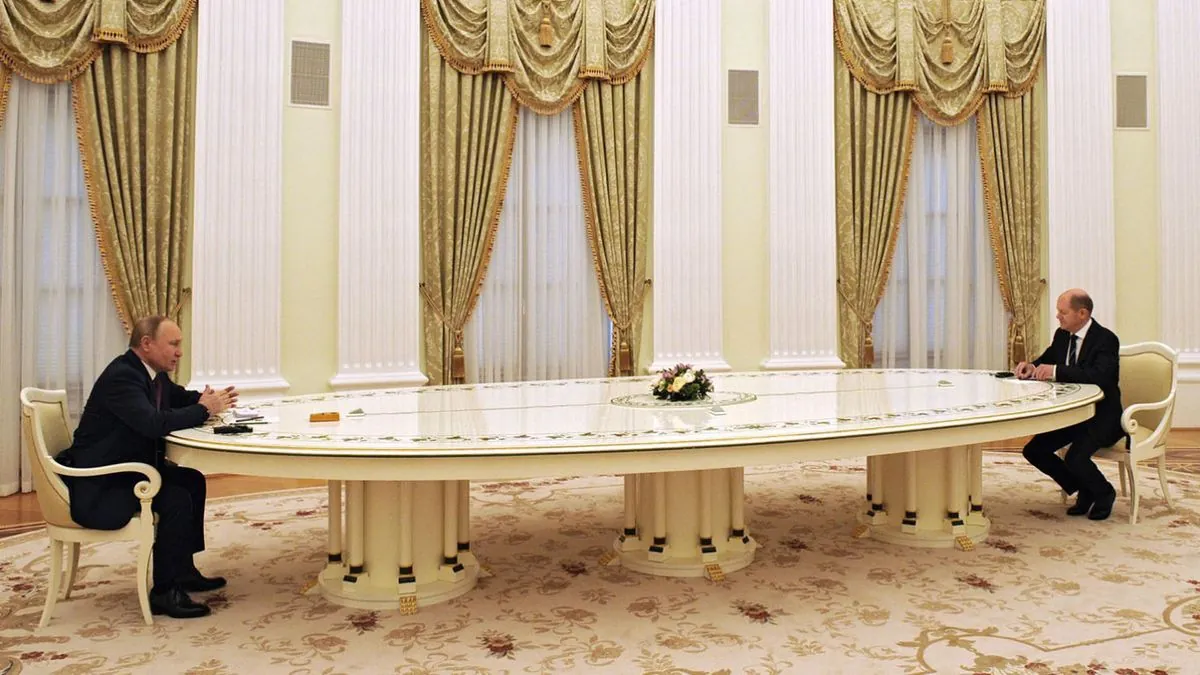
German and Russian leaders might talk tomorrow - first time in 2 years
Bloomberg says **Vladimir Putin** and **Olaf Scholz** plan their first talk since 2022. German foreign minister pointed out Putinʼs past unwillingness to discuss Ukraine peace options
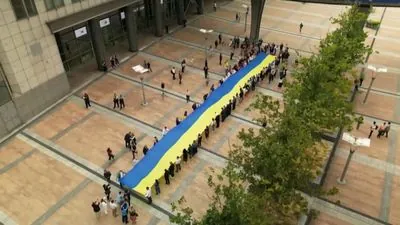
Trump's Ukraine stance forces Europe to rethink its defense strategy
Europe faces new reality as Trump hints at cutting Ukraine support worth $60 billion. EU must decide how to fill massive funding gap while dealing with internal political challenges
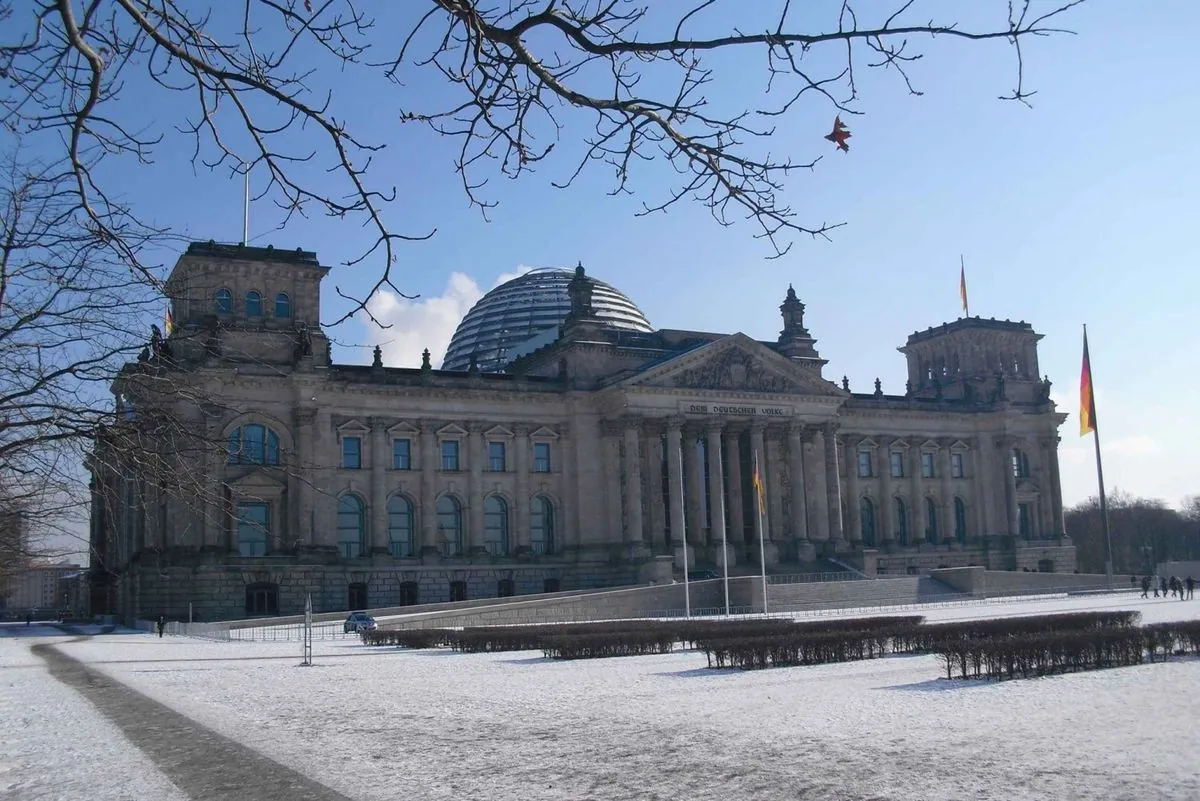
German political shake-up leads to winter election announcement
German leaders agreed on February election date after recent government break-up. **Olaf Scholz** keeps temporary control while dealing with key laws about court system and foreign support

How Trump's upcoming presidency shapes global politics and climate talks
President-elect Trumpʼs foreign-policy moves start showing clear direction two months before taking office. Meanwhile world faces new political shifts in Japan and Germany while dealing with climate-change talks

Test your knowledge: This weeks most interesting global events quiz
From unexpected cabinet shake-ups to fascinating Mars discoveries‚ this week brought notable international developments. Check how well you followed world news beyond the US election headlines
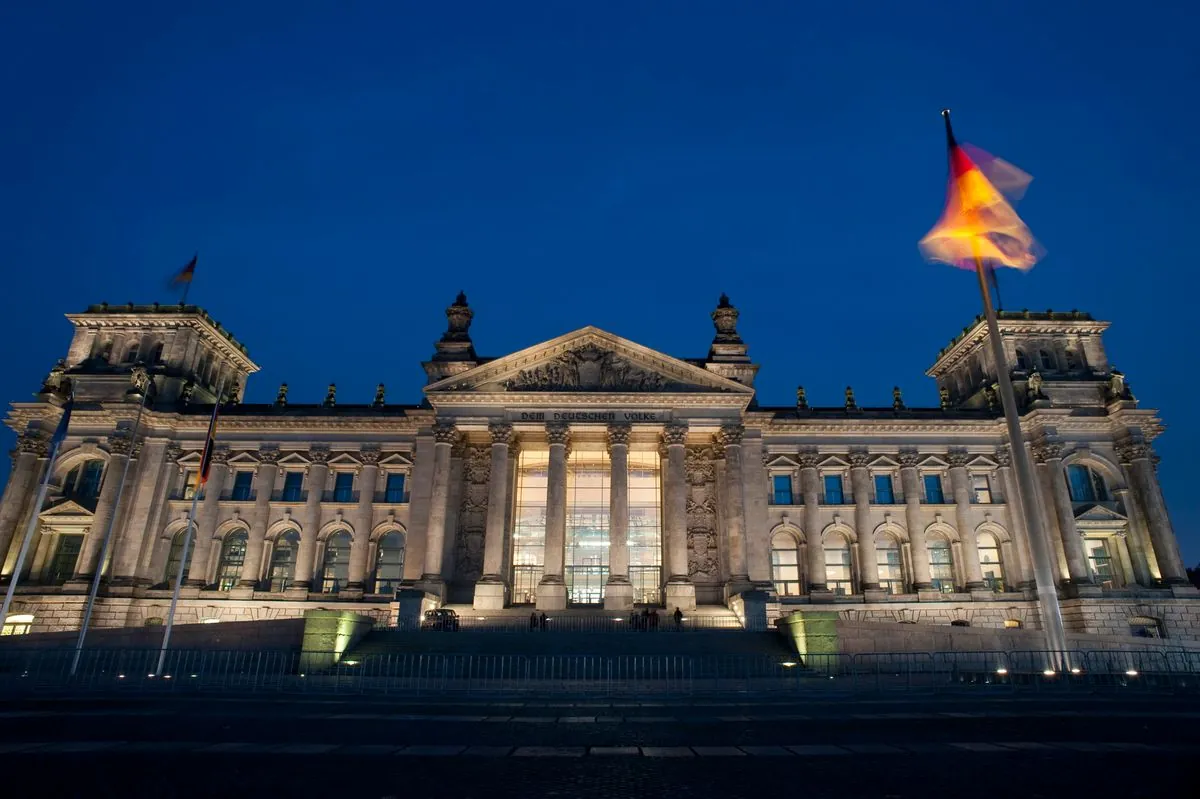
German government falls apart while Israel makes controversial new laws
German chancellor deals with coalition break-up after firing finance minister over budget dispute. Meanwhile Israel passes new deportation rules‚ and Earth hits record-high temps
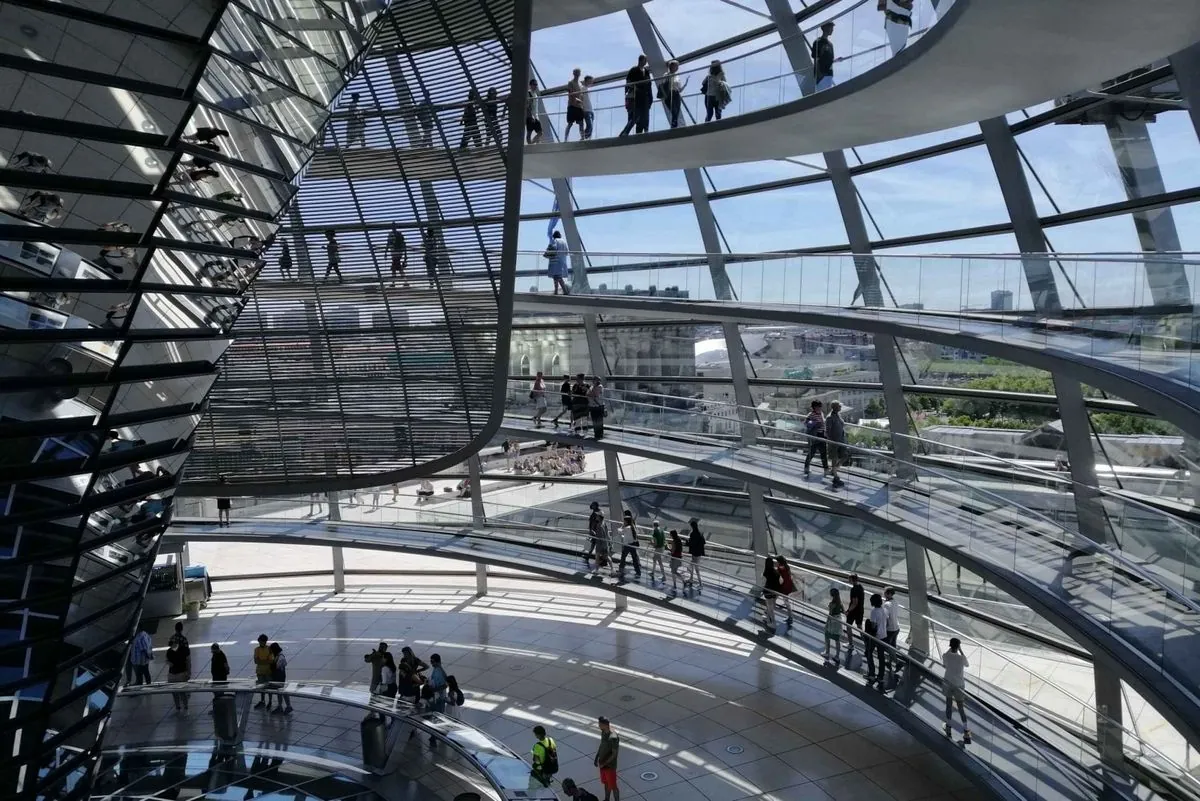
German government falls apart: What's next for Europe's biggest economy?
German three-party coalition breaks down as Free Democrats walk away from government. Early elections are coming up while country deals with defense spending problems and Ukraine support issues
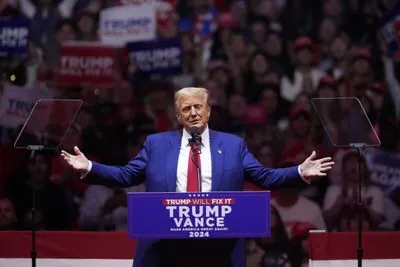
Will Trump's comeback shake up world politics? Europe and China watch closely
US political shift brings new questions about global alliances and climate goals. European countries struggle with defense spending while China maintains its own path in green-energy development

German government falls apart: What's next for Europe's biggest economy?
German three-party coalition breaks down after economic disputes‚ just as Trump wins re-election. Early elections expected by spring‚ with Christian Democrats leading polls and promising stronger leadership
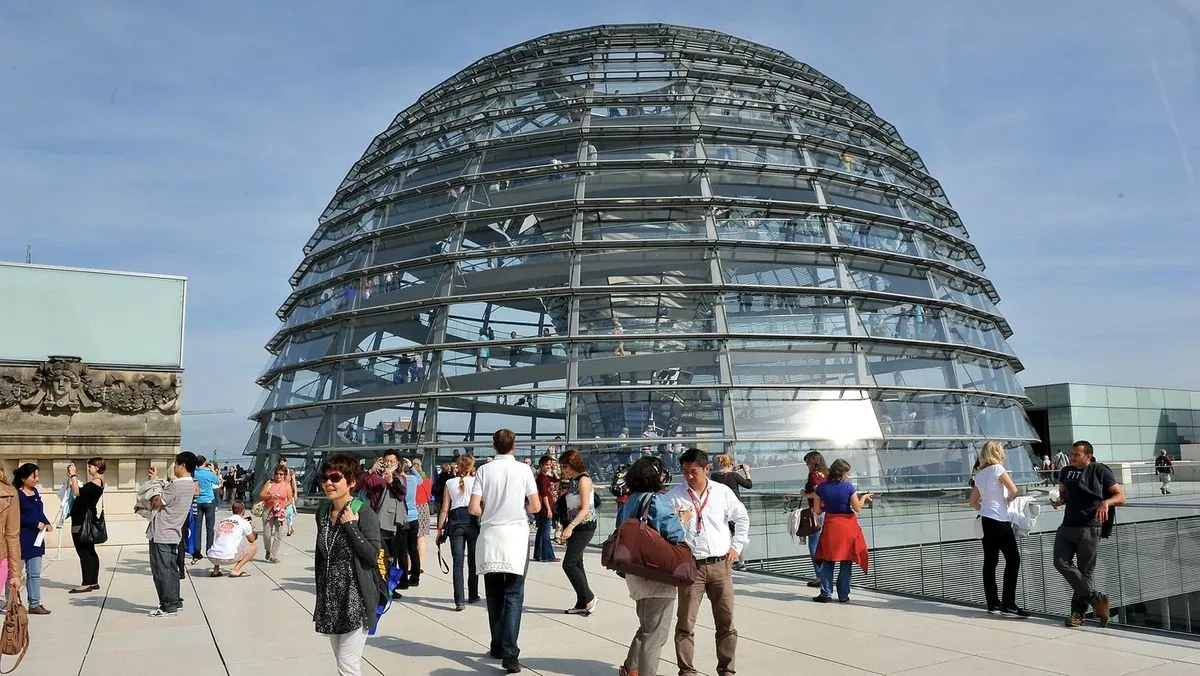
German president warns of new elections as government coalition falls apart
German chancellors three-party coalition lost its majority after Free Democrats exit. President Steinmeier might need to dissolve parliament if confidence vote fails
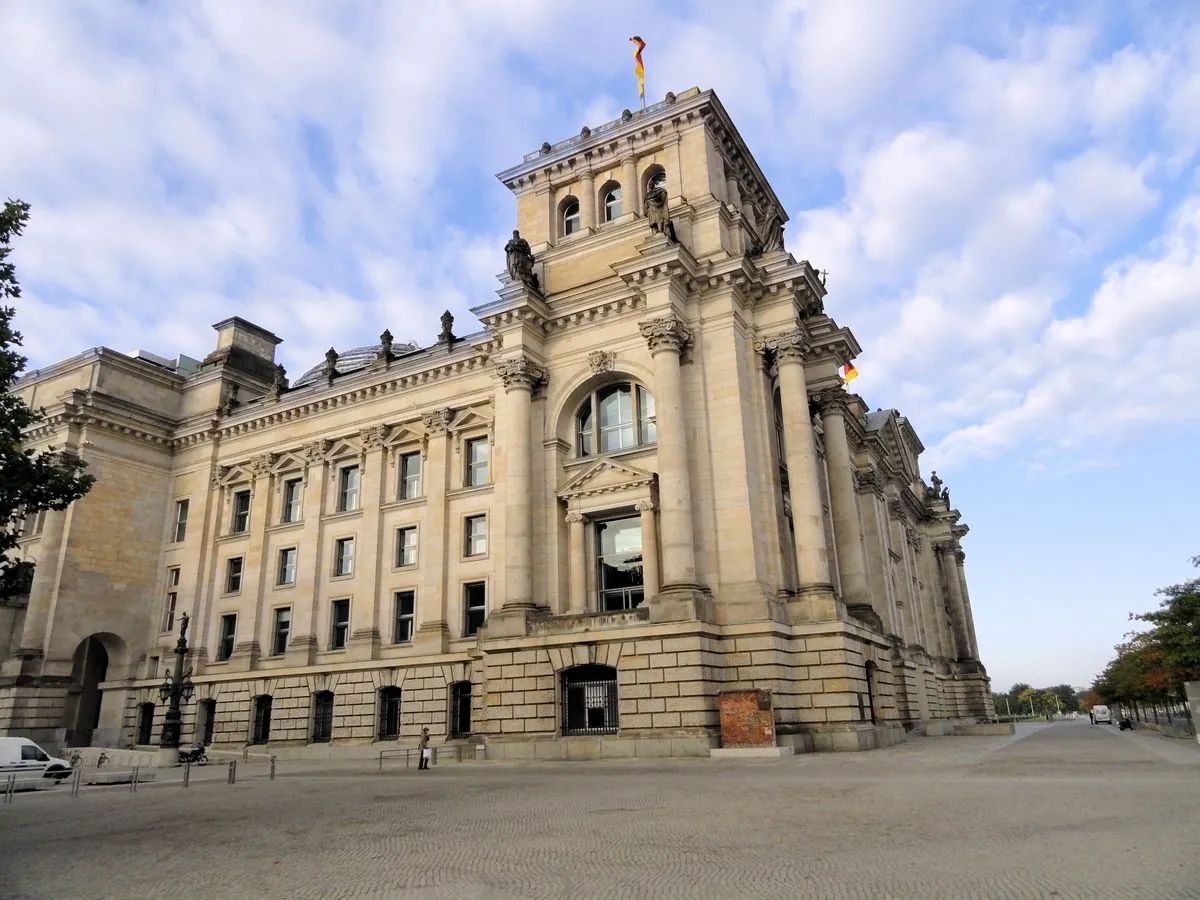
German government falls apart: Finance minister exit leads to early elections
German coalition breaks down after Chancellor Scholz removes Finance Minister from office. Economy Minister backs the decision as budget disagreements lead to government collapse and upcoming re-election
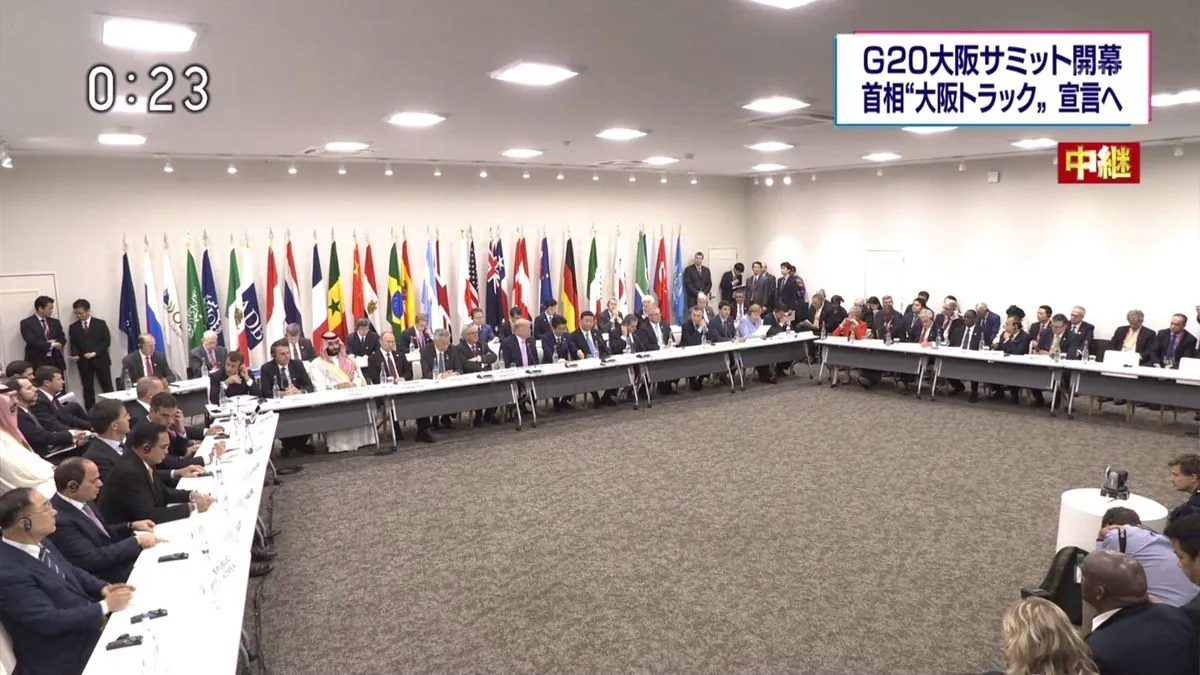
Breaking news: Major political shifts shake up three continents at once
Global politics saw dramatic changes as new leaders emerged and existing ones faced challenges. From US presidential race results to coalition breakdowns in Europe‚ the political landscape shifted dramatically
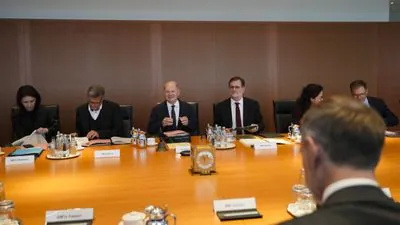
German government breaks down as US election shakes European politics
German Chancellor dismisses Finance Minister after major budget dispute‚ leading to coalition collapse. Political crisis unfolds right after dramatic changes in US leadership
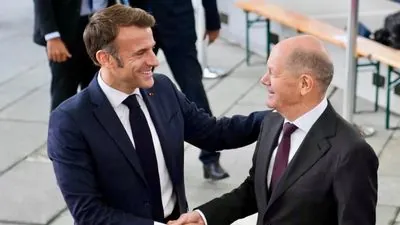
European leaders scramble to prepare for Trump's comeback to White House
French and German heads meet to discuss EUʼs response to Trumpʼs election win. Both leaders push for stronger European unity while facing trade worries and security concerns
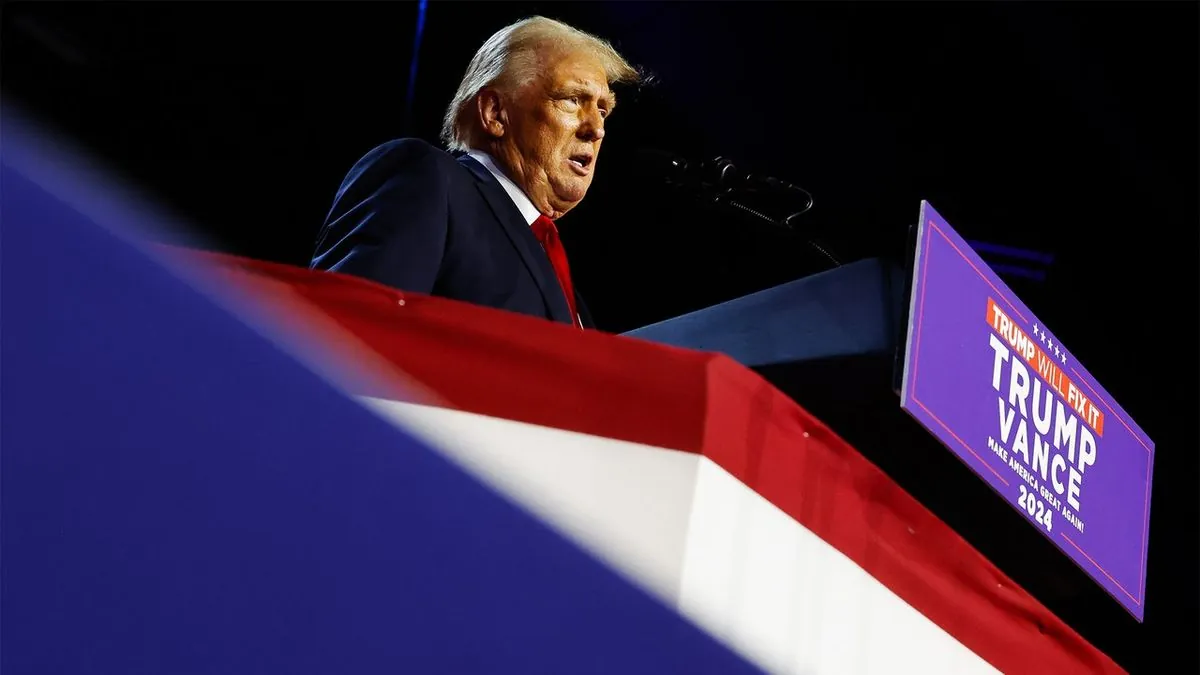
Trump's unexpected return: Global leaders line up to welcome 47th US president
After leaving office 4 years ago Donald Trump made an astonishing comeback to win US presidency. World leaders from Ukraine to Japan rushed to send their well-wishes highlighting plans for future cooperation
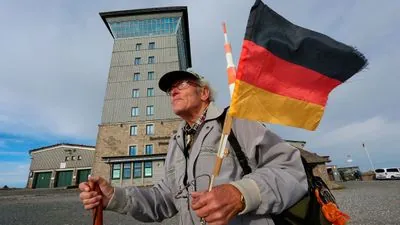
German government's fate unexpectedly tied to upcoming US election results
Germanyʼs three-party coalition faces internal break-up as FDP shows signs of leaving. However US presidential election might force them to stay together due to possible international changes




























